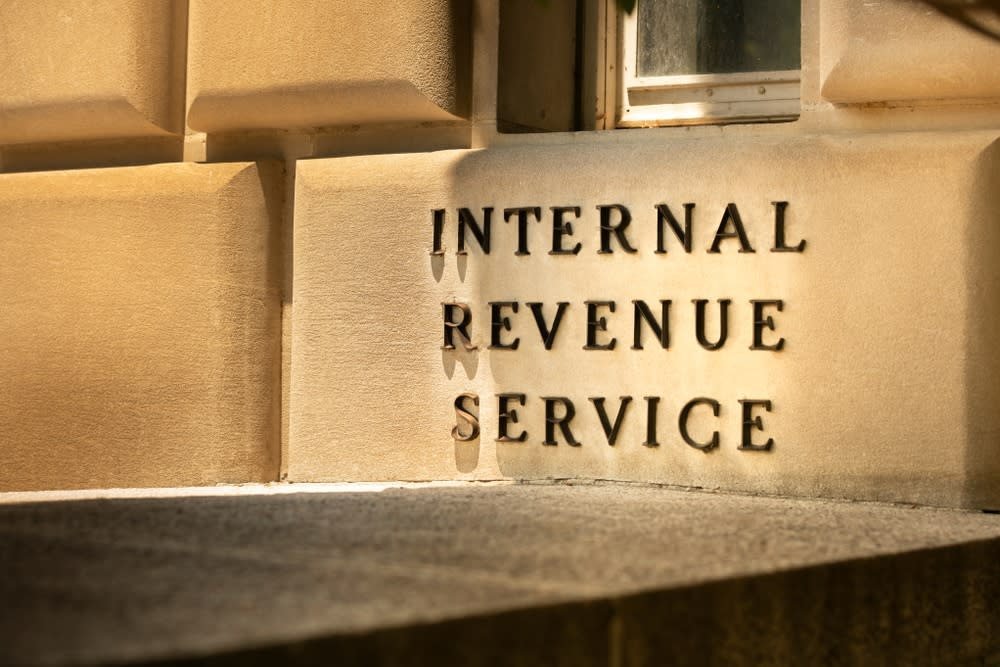US Government Delays Tax Reporting Rules for Cryptocurrency Brokers – The Treasury and the Internal Revenue Service (IRS) are delaying a requirement for digital asset brokers to begin tracking and reporting customer transaction proceeds. The related provision was included in the Infrastructure Investment and Jobs Act, which was passed into law in late 2021, and was scheduled to become effective on January 1, 2023.
The rule, which imposes on the crypto industry the laws that now apply to securities brokers, was primarily intended to raise tax collections from coin trading by disclosing gains from such operations on Form 1099. Critics have pointed out that the existing term of “broker” is too broad, as it includes companies such as miners that may not be able to comply with the restrictions. Additional rules are required to implement the legislation, including specifying the meaning of the term “broker.”
People Also Read: European Central Bank to Decide Whether to Issue Digital Euro in 2023
On Friday, the Treasury and the IRS provided transitional guidance on the matter. The announcement stated that crypto brokers will not be expected to report additional information with respect to dispositions of digital assets until final regulations are adopted and noted: “Brokers are still required to comply with existing laws and regulations.”
The authorities also highlighted that the guidance applies solely to returns filed by brokers, while taxpayers are still required to record any income from cryptocurrency transactions. “They are also required to answer the digital asset question on page 1 of either Form 1040PDF or Form 1040-SRPDF,” the notice detailed.
In another announcement released on Dec. 23, the IRS also said it’s delaying new rules requiring third-party settlement organizations, such as Paypal, Venmo, Cash App, and other digital wallets, to report transactions exceeding $600 until next tax year. The new minimum threshold, lowered from the previous one of more than 200 transactions per year, was enacted with the American Rescue Plan of 2021. It was initially supposed to apply to transactions that occurred in the calendar year 2022, which is now considered a “transition period.”
READ MORE
National Bank of Kazakhstan Publishes Whitepaper for Digital Tenge
Brazil Could Launch Its Defi-Integrated Digital Real In 2024
Bank of Spain to Launch Experimental Wholesale CBDC Digital Token Program




